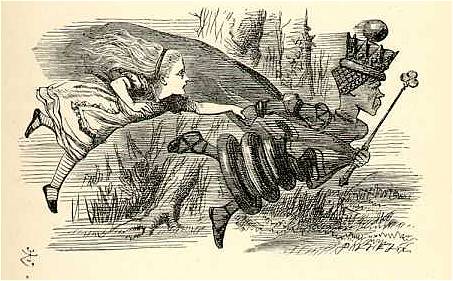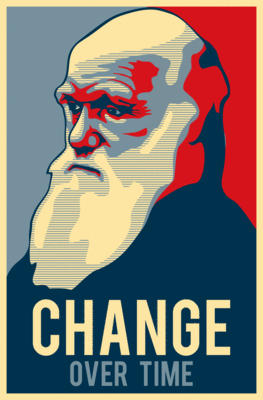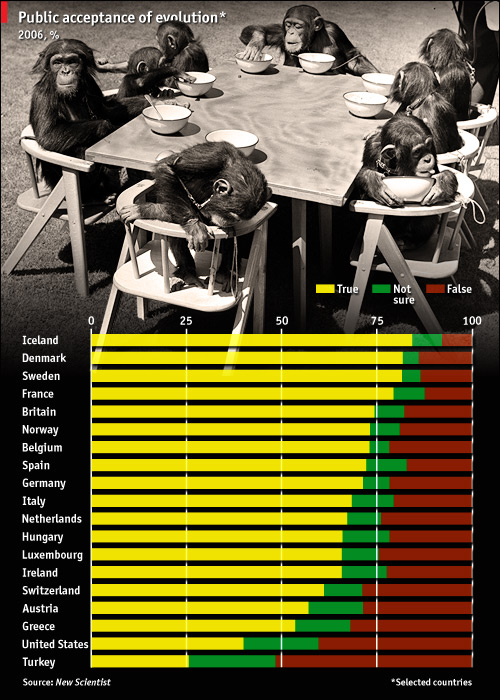This post is loosely based on the superb article by Steven Pinker: The Moral Instinct
Humans are afraid of heights. Around the world humans of all cultures have an in-built fear of heights. Have you ever wondered why people have that fear? It’s to prevent injury and death as a result of falling. Right?
If proximity to heights induces fear then people will feel an urge to get away from the heights. Humans who are afraid of heights are therefore less likely to die by falling (even if they aren’t conscious of why they fear heights). Evolution has made fearing heights part of what it is to be human. It is an instinct wired into our brains.
Pretty simple. But did you ever think that morality – our sense of right and wrong – is also an evolved instinct? It’s a little less obvious but true.
The basic moral principles
By studying people’s moral judgments around the world anthropologists have realized that there are basic moral principles which appear to be universal to almost all people and across all cultures (they are instinctive, not cultural). A list of these basic moral principles has been suggested by Jonathan Haidt:
- Harm: Don’t harm innocent people
- Fairness: Reciprocate favors and punish cheaters
- Community: Loyalty, sharing, and solidarity among group members. Conforming to group norms
- Authority: Follow authority and respect people with high status
- Purity: Aim for cleanliness and and avoid defilement and contamination
These moral heuristics (rules-of-thumb) are instincts that have evolved for very good reasons – they helped our ancestors. Violating these principles makes people uncomfortable so in general the principles are obeyed. Pinker gives details on the evolution of the moral heuristics and he points out that the same moral principles have even been observed in monkeys (I have blogged about monkeys having a sense of fairness).
As an illustration I’ll go into more detail on the evolution of fairness and it’s associated emotions.
The evolution of morality – fairness
Humans benefit by working together in groups: we are all better off working together than any of us would be working alone. If I share my extra mammoth meat with you today when I have too much anyway, then you share with me later when I really need it. It pays both of us to work together.
However, as I have noted in the past, if people can cheat they will cheat – that complicates things.
Axelrod (and Dawkins among others) has shown that cooperation can and does evolve. Axelrod showed that evolutionary agents (for our discussion these are people) do naturally evolve toward a basic cooperative strategy (known as tit-for-tat). This strategy basically specifies:
- Cooperation by default. This means that you get the benefit of cooperating with other ‘friendly’ people.
- Punishment of cheating. Don’t let the ‘bad’ people get away with it.
- Forgiveness. Once the cheat has been punished try to cooperate again.
If you think about it, this kind of strategy makes excellent sense – cooperate as much as possible, but don’t tolerate cheats. Robert Trivers suggested that humans unconsciously implement a kind of tit-for-tat strategy through their moral emotions. Steven Pinker has given us the following examples:
- Sympathy prompts a person to offer the first favor, particularly to someone in need for whom it would go the furthest.
- Anger protects a person against cheaters who accept a favor without reciprocating, by impelling him to punish the cheat or sever the relationship.
- Gratitude impels a beneficiary to reward those who helped him in the past.
- Guilt prompts a cheater in danger of being found out to repair the relationship by redressing the misdeed and advertising that he will behave better in the future.
So, we can see how several emotions and the moral sense of fairness have evolved in order to help humans implement a strategy for cooperation. Evolution is brilliant!
So what?
All this is fascinating, but it also has some interesting and powerful implications:
1. There is no absolute right and wrong – it’s all in our heads
Our sense of right-and-wrong is actually just an evolved instinct. There is no universal right-and-wrong or good-and-evil. There is just the moral judgment that each person makes using their instincts.
If my moral judgment in a situation is different to yours then who is right? There is no universal morality to appeal to for an answer. We are both just letting our moral instinct make a judgment – so we are both right… If there is no universal morality then what can we use to compare moral judgments?
Humans have a pragmatic way of dealing with this: we agree on moral judgments and then expect everyone in our society to abide by those judgments. It’s a real cop-out and, as we will see below, sometimes those judgments don’t make all that much sense.
2. Our moral ‘sense’ is as fallible as other senses – moral illusions
Our moral sense is evolved just like our sense of sight. There are countless examples of optical illusions illustrating that even something as trusted as our sense of sight regularly gets things wrong. Similarly, our sense of morality can get things “wrong” quite easily.
We know that our sense of sight has got something “wrong” when we realize that what we thought we saw doesn’t match reality. As we have learned (implication 1 above) we have no similar way of judging our moral instincts. So when I say that our moral sense gets things wrong, I mean that if you think about some moral judgments rationally they don’t always make sense.
This is because morality is based on heuristics (the 5 moral principles from earlier) which don’t necessarily lead to rational and consistent judgments every time. The trolley problem (worth an entire posting itself) is an excellent example but here I will give a simpler example from Pinker.
A family’s dog is killed by a car in front of their house. They heard that dog meat was delicious, so they cut up the dog’s body, cook it and eat it for dinner.
What is so wrong with that? Seriously? It causes us to feel disgust because it hits the purity principle, but rationally there is actually nothing wrong with it. No one is harmed; the family is happy and had a cheap and delicious meal to remember their dog by. Be rational. We just feel that this is wrong but we don’t have good reasons for it. Perhaps this is a case of the purity instinct firing unnecessarily.
Disclaimer: As you will see if you read about the trolley problem, rationally examining moral judgments can make you feel very uncomfortable. I still don’t know what to think…
3. Sometimes what we perceive as immoral is just a different weighting on the basic moral principles
We now know that there is no universal moral code against which we can measure moral judgments. We also know that sometimes our moral judgments don’t even make rational sense. How can we judge others as wrong or immoral if their judgments differ from our own?
As Pinker points out, the other party is often also acting morally, he/she has just used different priorities on the 5 moral principles:
Many of the flabbergasting practices in faraway places become more intelligible when you recognize that the same moralizing impulse that Western elites channel toward violations of harm and fairness (our moral obsessions) is channeled elsewhere to violations in the other spheres. Think of the Japanese fear of nonconformity (community), the holy ablutions and dietary restrictions of Hindus and Orthodox Jews (purity), the outrage at insulting the Prophet among Muslims (authority). In the West, we believe that in business and government, fairness should trump community and try to root out nepotism and cronyism. In other parts of the world this is incomprehensible — what heartless creep would favor a perfect stranger over his own brother?
Where to from here?
In short: I don’t know.
For instance, I have previously attacked those Muslims who thought it just to execute a teacher for naming a teddy bear Muhammad. Now I realise that they were acting by their own moral judgments. I still disagree strongly with them, but I now know that I don’t have any moral high-ground.
I would like to appeal to rationality to show that I am right, but I’m not at all comfortable using rationality against all moral decisions so that would be cheating.
Knowing more about the true nature of morality hasn’t given me the answers – it has made me realise that I wasn’t even aware of the questions!

 As humans became savanna hunters body hair was shed to avoid overheating during long runs.
As humans became savanna hunters body hair was shed to avoid overheating during long runs. The problems:
The problems: A while ago I watched a David Attenborough documentary that showed a bushman man running a Kudu to death. It was pretty amazing stuff – by persistently chasing the kudu through the heat of the day he was able to exhaust it to the point of collapse.
A while ago I watched a David Attenborough documentary that showed a bushman man running a Kudu to death. It was pretty amazing stuff – by persistently chasing the kudu through the heat of the day he was able to exhaust it to the point of collapse. I just love these Obama parody posters of Darwin. The original Obama posters were good, but these are just great.
I just love these Obama parody posters of Darwin. The original Obama posters were good, but these are just great.

 New Scientist has this
New Scientist has this 